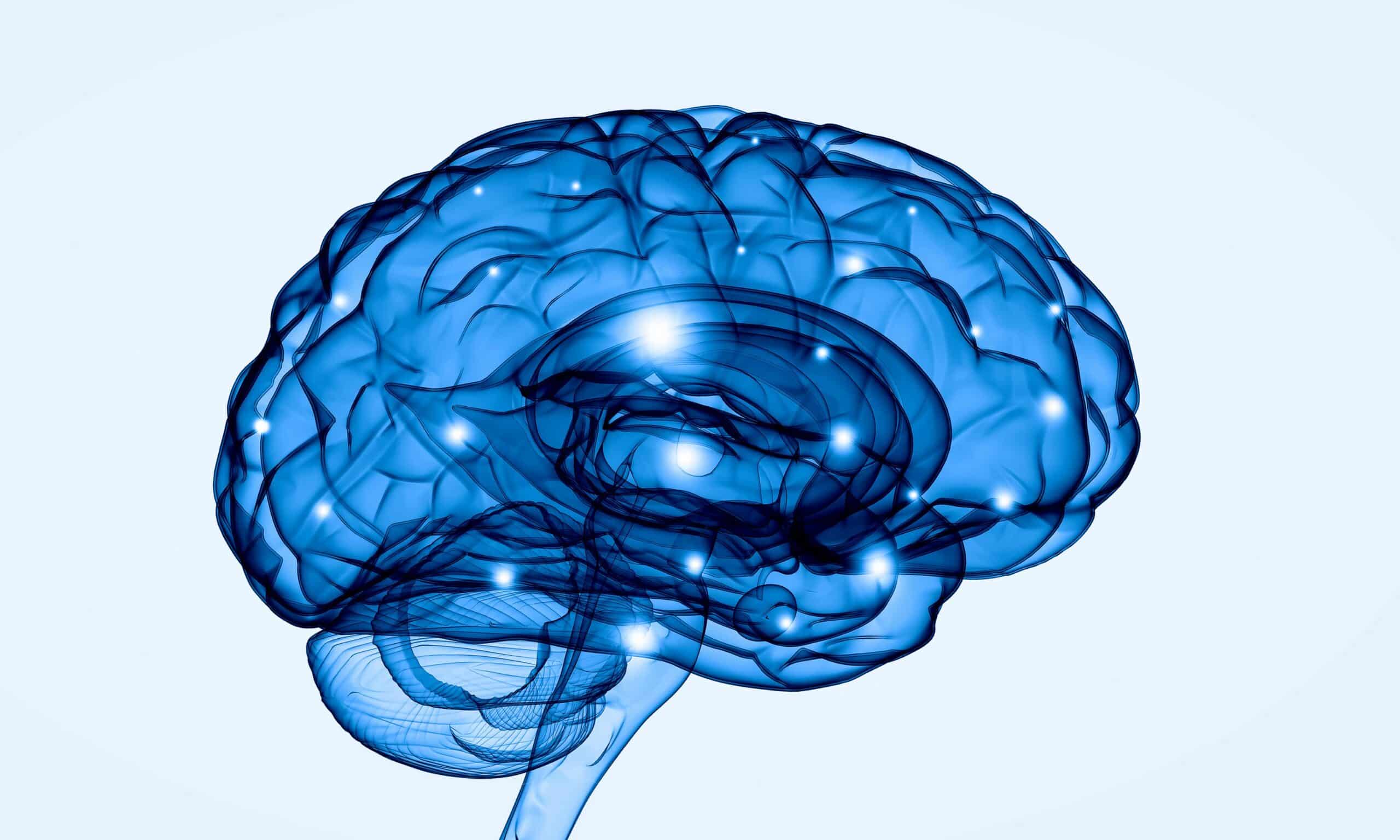Scientists have been exploring the mind-body connection for centuries. Current investigations are examining how the brain affects the body’s immune responses. Gaining a better understanding of the mechanisms at work could allow physicians to leverage the mind’s influence to improve healing. For example, this knowledge could be used to enhance the placebo effect, target cancers, act as a natural booster to vaccination, and provide a new lens through which to consider illnesses thought to be completely psychosomatic.
Research that is summarized in Nature, but not yet published, is examining whether stimulation of a brain area associated with positive emotion and motivation can affect how the heart heals following a heart attack. Led by neuroimmunologist Asya Rolls at the Technion — Israel Institute of Technology in Haifa, researchers found that activation of the brain’s ventral tegmental area (VTA) was associated with immune changes that reduced the amount of scarring in the heart tissue of treated mice.
This team has also applied the approach to understanding the immune response and cancer. They found that activating neurons in the VTA dampened the activity of bone marrow cells that would otherwise subdue immunity. This contributed to smaller lung and skin tumors in the treated mice.

A Growing Field
Communication channels between the body’s nervous and immune systems are widespread and varied. They play roles in a range of diseases, from autoimmune disorders to cancer. This field “has really exploded over the last several years”, says Filip Swirski, an immunologist at the Icahn School of Medicine at Mount Sinai in New York City.
Despite the increased research interest, there remains a lot to be learned about how the mind and body influence each other. “We often have a black box between the brain and the effect we see in the periphery,” says Henrique Veiga-Fernandes, a neuroimmunologist at the Champalimaud Centre for the Unknown in Lisbon. “If we want to use it in the therapeutic context, we actually need to understand the mechanism.”
A Long History
For over a century, researchers have uncovered clues to how the mind-body connection influences immunity. In the late 1800s and early 1900s, scientists showed that cutting nerves to the skin could reduce inflammation. In the late 1990s, neurosurgeon Kevin Tracey and his colleagues were studying the effects of an experimental anti-inflammatory drug in rodents when they found another clue. The drug, which researchers injected into the animals’ brains, did help reduce brain inflammation caused by stroke, as expected. Unexpectedly, it also reduced inflammation throughout the bodies of the control animals. This led to the discovery that the vagus nerve, which carries signals from the brain to major organs of the body, is key in influencing the immune system and inflammation. Researchers are now studying how to recruit the brain itself as a powerful therapy for immune diseases.
Advancing Potential Therapies
Tracey has co-founded SetPoint Medical, a company that is experimenting with the use of implantable vagus nerve stimulators as therapy for Crohn’s disease, multiple sclerosis, and rheumatoid arthritis. In a small trial in Europe, the device was shown to reduce disease severity in patients with rheumatoid arthritis.
Meanwhile, Rolls and Tehila Ben-Moshe, chief executive of Israel-based Biond Biologics, are collaborating on technology that would apply transcranial magnetic stimulation and focused ultrasound to influence immune responses in people with cancer or autoimmune diseases.
Furthering the Brain-Immunity Connection
Although much more research is needed to fully understand the mechanisms behind the connections linking the nervous and immune systems, this new approach could unlock therapies for a range of conditions and shed light on how mental health impacts physical health.
Did you enjoy this blog post? Check out our other blog posts as well as related topics on our Webinar page.
QPS is a GLP- and GCP-compliant contract research organization (CRO) delivering the highest grade of discovery, preclinical and clinical drug research development services. Since 1995, it has grown from a tiny bioanalysis shop to a full-service CRO with 1,200+ employees in the U.S., Europe and Asia. Today, QPS offers expanded pharmaceutical contract R&D services with special expertise in neuropharmacology, DMPK, toxicology, bioanalysis, translational medicine and clinical development. An award-winning leader focused on bioanalytics and clinical trials, QPS is known for proven quality standards, technical expertise, a flexible approach to research, client satisfaction and turnkey laboratories and facilities. Through continual enhancements in capacities and resources, QPS stands tall in its commitment to delivering superior quality, skilled performance and trusted service to its valued customers. For more information, visit www.qps.com or email [email protected].





